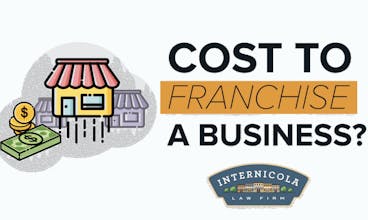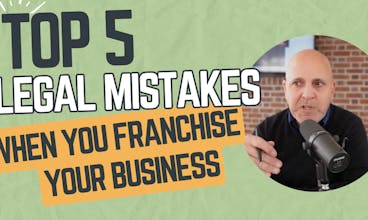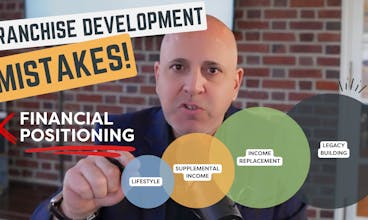Trademarks‚ Trademark Protection, and Trademark Infringement
The term "Lanham Act" refers to the Federal Trademark Law (15 U.S.C. 1051) that governs issues involving trademark infringement and damages. If you are a business owner than the most important facts to know about the Lanham Act are:
- The Lanham Act is the Federal Trademark law;
- If a competitor is infringing on your trademarks or trade dress (i.e.‚ they are using marks that are "confusingly similar" to yours) then the Lanham Act will afford you the Federal right to sue your competitor‚ stop their infringing actions through an injunction and to potentially recover damages;
- If you are being sued for violation of the Lanham Act then‚ chances are‚ you are being accused of infringing on the trademark of another business.
So the Lanham Act regulates the enforcement of trademark rights and affords business owners with the ability to start civil lawsuits to protect their marks.
Examples of Lanham Act Violations
Examples of Lanham Act violations include:
- A competitor copies and duplicates your logo and tradename;
- A competitor does not identically copy your marks but rather adopts a mark that is similar to yours and one that confuses consumers‚ i.e.‚ they believe your competitors products are coming from you.
- A licensee or franchisee who originally had the right to use your trademark continues to use the mark after the license agreement or franchise agreement expires.
The Lanham Act is a Powerful Law
Powerful in the sense that it will afford you extensive leverage in pursuing and stopping a competitor from infringing on your trademarks. Likewise‚ if you are a potential defendant and you are being accused of infringing on the mark of a competitor‚ you must proceed with caution and work with your attorneys to fully understand your exposure and potential defenses.








